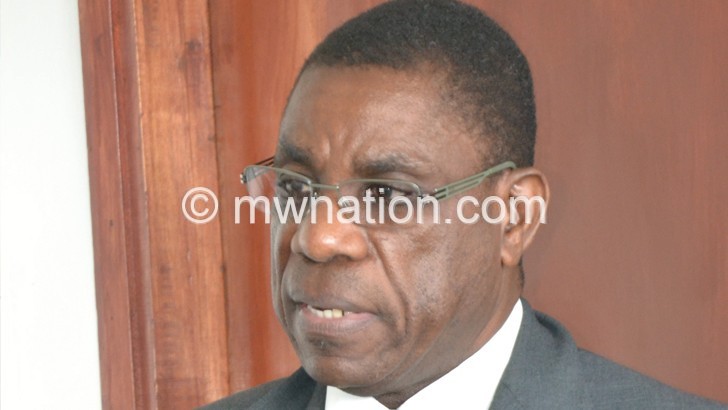Cama faults budget on graft, fraud fight
Consumers Association of Malawi (Cama) has faulted some government priority areas in the 2021/22 National Budget, arguing that Treasury ignored basic policies that could ensure economic growth and improved livelihoods.
When delivering the K1.9 trillion 2021/22 National Budget in Parliament last Friday, Finance Minister Felix Mlusu said the budget sets the pace in implementing economic policies and programmes that will put this country on track to reach its desired destiny, adding that the budget has been developed under the theme Building Back Better: Achieving Aspirations of the Nation Together.
But in an interview on Sunday,Cama executive director John Kapito said the consumer rights body sees a number of financial leakages which the budget has failed to put controls. He mentioned the need to strengthen the capacity of institutions that deal with matters of fraud, corruption, theft and good governance at the areas.

He said: “We have noted that each time we have budgets as good as this one such matters of fraud and corruption have been on the increase and that there has been no real economic growth that translates to poverty reduction. “
Kapito argued that strengthening institutions such as the anti corruption agencies and the revenue collection body with enabling legal frameworks and institutional capacity to investigate, collect money and easy and quick access to courts can address the current deficits we continue to have on our budgets.
But in the proposed budget, Mlusu said the government, through Malawi Revenue Authority (MRA), will intensify taxpayer education, awareness campaigns and regular tax audits to enhance mobilisation of resources.
He added that by December 2021, some of the transactions between MRA and taxpayers will be fully automated thereby curbing revenue leakages and reducing administration costs and compliance costs for taxpayers.
Presently, available figures show that defaulting taxpayers owe the public purse through MRA at least K1 trillion in cumulative unremitted taxes over a 10-year period, a development experts argue demonstrates low levels of compliance among taxpayers and unmasks the inefficiencies and corruption in the tax collection drive.
Kapito, however, expressed satisfaction that the budget has addressed the provision of free electricity and water connections but cautioned that the huge deficit will hurt consumers and reverse all the gains that this proposed budget plans to achieve.





